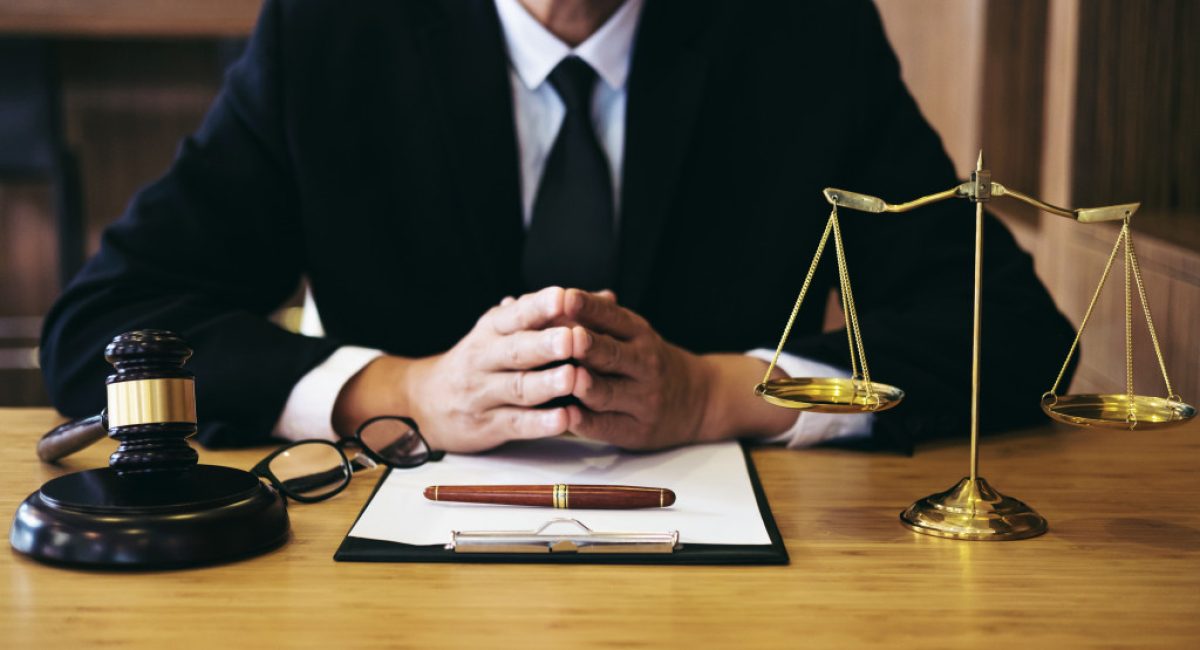The FBI has warned consumers about fake skincare products. Anti-aging varieties, in particular, are on the rise in the U.S. With skincare on trend for many years now, many people grew interested in different cosmetics, especially affordable ones. But products that are too cheap might be fraudulent.
Fake skincare products can have adverse effects on your skin, daily life, work, and health. These effects are well-documented on Philippine documentary shows. For many years now, women have been coming forward to show what fake skincare products have done to them, from burn-like wounds to badly swollen faces. These cases aren’t surprising; according to FBI research, fake skincare products contain alarming levels of bacteria, as well as carcinogens like arsenic, beryllium, and cadmium.
Counterfeit makeup brands, another big industry in the U.S., are just as harmful. MAC Cosmetics ran a test on fake MAC products and found traces of lead, copper, mercury, and aluminum. These metals are highly toxic to the skin, potentially causing blisters, burns, and stomach issues.
If you’ve fallen victim to a fake face product, you don’t have to feel defeated. Here’s what to do to compensate the retailer:
Consult a Lawyer
If the retailer refuses to compensate you for damages, go to a personal injury attorney. Your case qualifies as a personal injury because a defective product has directly caused you harm. You can file a product liability lawsuit against the retailer.
The product liability case will be the category under which your personal injury claim falls. The harms or types of injuries that can lead to such a case are:
- Illness linked to a product
- Harmful side effects from prescription drugs or over-the-counter medication
- Injuries and health complications due to a defective medical device
- Cancer diagnosis or other serious illnesses caused by a product containing asbestos
To strengthen your evidence, you must show that the product was sold in a dangerous condition or without adequate warning. In addition, you must prove that the retailer intended for the product to reach you without making changes to that product and how that product injured you.
The case can be overwhelming to take in, but a good lawyer will not leave you confused or at risk of losing the case. However, you’re responsible for documenting all evidence because your injuries alone aren’t enough to hold the retailer liable.
Be More Careful When Shopping

Take this as a lesson to be more careful when you shop for skincare or any beauty product. Now that most of us are shopping online, pay more attention to the e-commerce sites you’re visiting. Ensure that it’s a legitimate website by double-checking the URL and reviewing the payment methods. A fraudulent website looks convincingly like the real one, but there’s often a slight difference in the URL. If you notice a character that shouldn’t be on the URL, assume that the site is fake.
Practice caution even if you shop from a legitimate website, like Amazon. Not all retailers on the website are authorized resellers, after all. For example, Amorepacific, the parent company of Korean skincare brand Laneige, doesn’t have authorized resellers on Amazon at this time. Hence, any Laneige product sold on the website is from third-party retailers. You buy them at your own risk.
Beata Dul, a customer on Amazon, wasn’t so lucky with her recent Laneige purchase. She ordered the brand’s famous Lip Sleeping Mask, but she experienced the opposite effects. Instead of smooth and moisturized lips, the product gave her parched lips. The retailer has since become inactive.
Amazon strictly prohibits the sale of counterfeit products. But a government investigation in 2018 found that over 42% of products sold on legitimate websites like Amazon and Walmart were fakes. Even big brands like Urban Decay have counterfeit versions blatantly marketed as legitimate.
The FBI issued some guidelines on spotting fake skincare products. Take note of them to avoid falling victim in the future:
- The product’s claims are too good to be true. Be wary of statements like “secret formulas” or “breakthroughs.”
- Ask the retailer as many questions about the product as necessary. Inquire about what the product is meant to do for your skin.
- Research the product and its ingredients.
- Read reviews; call the Better Business Bureau if you find complaints about the product, the brand, and the retailer.
- Don’t fall for claims about an unknown product that can “heal” serious illnesses.
- Be wary of retailers claiming that their products don’t have side effects.
- Question products that claim visiting a physician is unnecessary.
- Consult a dermatologist or your primary care physician before buying an unknown product.
Lastly, don’t shop on social media carelessly. Fraudulent retailers lurk on many websites where there’s a market, and social media gives them plenty of that. Make it a habit to use legitimate e-commerce sites only, or visit the store when you can. No discounts are worth your healthy skin.
